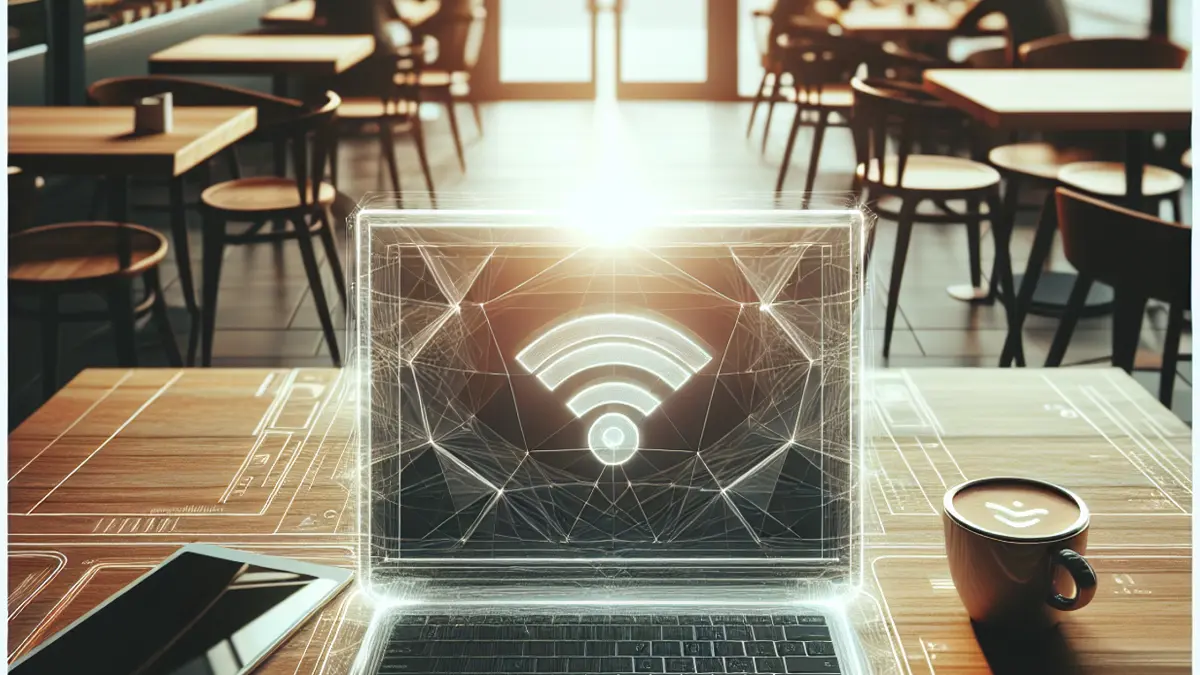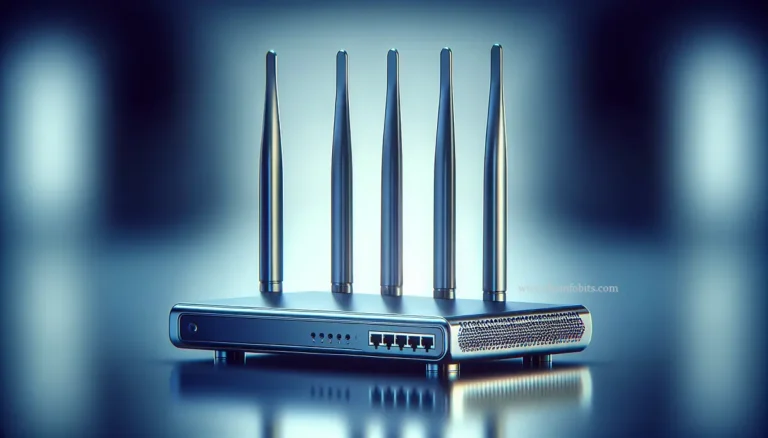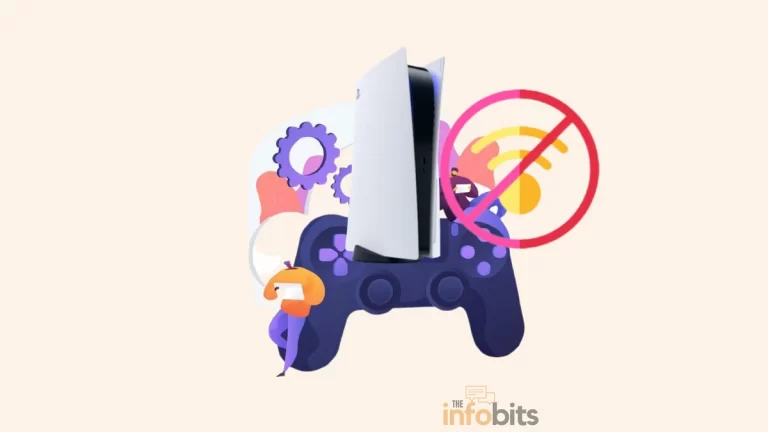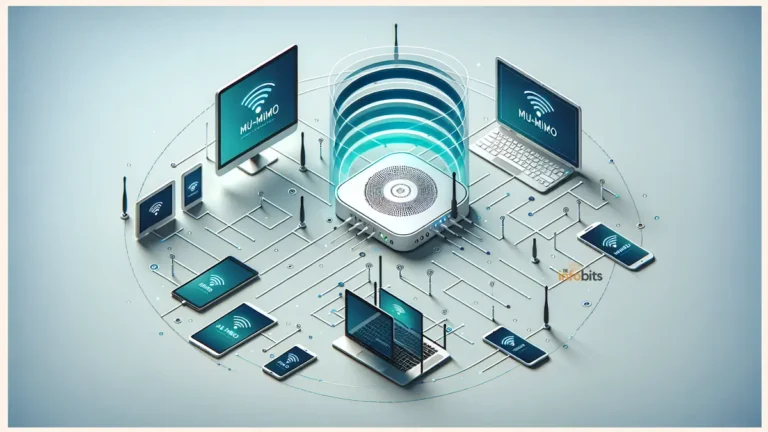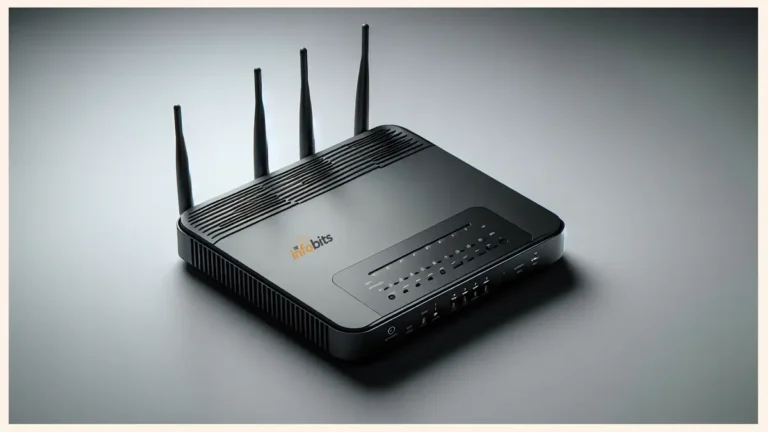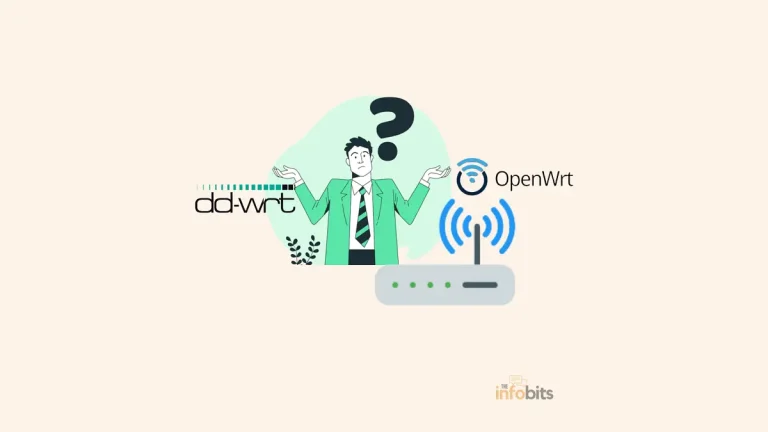What to Do When Using Public WiFi? Use Public WiFi Safely
In the digital age, staying connected is more crucial than ever, and public WiFi networks offer a convenient solution for internet access on the go.
However, while public WiFi can be a lifesaver when you’re out and about, it also opens a Pandora’s box of potential security threats.
Understanding the risks and adopting safe practices are essential steps in protecting your personal information from cybercriminals looking to exploit the vulnerabilities of unsecured networks.
This article outlines how to Use Public Wi-Fi safely, ensuring your data remains secure while you enjoy the benefits of staying connected.
Recognizing the Risks of Public WiFi
Public WiFi networks, though convenient, especially when we are looking for temporary WiFi internet, come with their own set of dangers that users often overlook.
These networks are frequently unsecured, making them easy targets for cybercriminals looking to steal personal data.
Understanding these risks is the first step toward safeguarding your online activities when using public WiFi.
Different Types of Public WiFi Risks
One major type of risk associated with public WiFi is the potential for data interception. Hackers can deploy various methods, such as man-in-the-middle attacks, to eavesdrop on communications between your device and the network.
This enables them to capture sensitive information, such as passwords or banking details, without your knowledge.
Another prevalent risk is malware distribution. Attackers can exploit unsecured networks to distribute malicious software to connected devices.
Once infected, a device can become part of a botnet, get locked by ransomware, or be used to access more sensitive information stored within.
The Reality of Unsecured Networks
Unsecured networks, those without encryption, are particularly susceptible to attack. When data is transmitted over such networks, it is not encrypted, meaning anyone on the same network can potentially intercept it.
This lack of encryption makes it relatively easy for malicious actors to monitor traffic and access private information.
Moreover, unsecured networks often have weak security protocols, if any. Many do not require a password for access or use outdated security standards that are easily bypassed by hackers. This lack of protection increases the risk of unauthorized access to your data.
How to Use Public WiFi Safely
Before connecting to a public WiFi network, taking proactive measures can significantly enhance your device’s security.
Ensuring your devices are adequately protected will mitigate potential risks and provide peace of mind as you navigate the digital landscape.
Ensuring Device Security Software is Up-to-Date
One of the simplest yet most effective steps is to keep your device’s security software updated.
Security updates often contain patches for known vulnerabilities that hackers can exploit, so timely updates are essential in maintaining a formidable defense against cyber threats.
In addition to updating your security software, it’s vital to have robust antivirus and anti-malware programs installed.
These programs offer real-time protection and can detect and neutralize threats before they cause significant damage to your system.
Turning Off File Sharing Settings
Before using public WiFi, ensure that file-sharing settings are disabled on your device.
File sharing can inadvertently allow unauthorized users to access your files and data, leading to potential breaches.
Disabling file sharing is a straightforward process, usually found within your device’s network or sharing settings.
By turning off these features, you minimize the risk of exposing your files to strangers on a public network.
Safe Practices While Using Public WiFi
Once connected to a public WiFi network, exercising caution and following safe practices is crucial.
These measures help ensure a secure browsing experience, protecting your privacy and data from prying eyes.
Confirming the Network’s Legitimacy
Before connecting to a network, confirm its legitimacy by verifying the network’s name with the establishment providing the WiFi.
Cybercriminals often set up fake networks with similar names to trick users into connecting and compromising their information.
It’s also wise to disable the auto-connect feature on your device to prevent it from automatically connecting to potentially harmful networks without your knowledge.
Opting for Secure Networks
Whenever possible, choose secured networks that require a password for access.
These networks use encryption to protect data transmissions, making it more difficult for unauthorized users to intercept your information.
While password-protected networks are generally safer, it’s still important to exercise caution, as some may still have vulnerabilities.
Treat all public WiFi networks with a degree of skepticism and adhere to safe browsing practices.
Avoiding Sensitive Transactions
Avoid conducting sensitive transactions, such as online banking or shopping, when connected to public WiFi.
These activities involve transmitting sensitive data that you wouldn’t want falling into the wrong hands.
If necessary, consider using your mobile data connection or wait until you’re on a trusted, private network to perform such transactions.
It’s always better to err on the side of caution when dealing with sensitive information.
Maximizing Security With a VPN
For those who frequently use public WiFi, a Virtual Private Network (VPN) is an invaluable tool for enhancing security and protecting personal data.
VPNs create a secure, encrypted tunnel for your data, making it much harder for cybercriminals to access your information.
How a VPN Adds Security
A VPN encrypts your internet traffic, rendering it unreadable to anyone who might intercept it.
This encryption ensures that even if a hacker manages to capture your data, they won’t be able to decipher it without the encryption key.
Besides encryption, VPNs also mask your IP address, adding a layer of anonymity and making it more challenging for malicious entities to track your online activities.
Choosing the Right VPN
When selecting a VPN, prioritize those with strong encryption protocols and a no-logs policy, which ensures your online activities aren’t stored or tracked by the VPN provider. This helps maintain your privacy, even from the service itself.
Additionally, consider the VPN’s speed and ease of use. A good VPN should provide encryption without significantly impacting connection speeds, allowing for a seamless browsing experience while maintaining high security.
Actions After Using Public WiFi
After disconnecting from a public WiFi network, conducting a few simple actions can help ensure your device remains secure.
These actions are integral to maintaining long-term online safety and preventing potential data breaches.
Conducting a Security Scan
Perform a security scan immediately after using public WiFi to check for any malware that may have been inadvertently downloaded onto your device. This scan can help identify and remove threats before they cause harm.
Most antivirus programs offer quick scan options that are efficient and effective in identifying potential risks, ensuring your device remains uncompromised and your data is protected.
Changing Passwords for Accessible Accounts
If you’ve accessed sensitive accounts while on public WiFi, consider changing the passwords immediately afterward.
This practice adds an extra layer of security, preventing unauthorized access in case your credentials are compromised.
Regularly updating passwords, using complex combinations, and utilizing password managers for secure storage can further enhance your security and safeguard your personal information.
In conclusion, while public WiFi offers convenient access to the Internet, it is not without its risks.
By recognizing these dangers and adopting preventative measures, such as using a VPN, updating security software, and avoiding sensitive transactions, you can significantly mitigate the threats associated with public networks.
Staying informed and vigilant in your online practices is crucial in preserving the integrity of your data, allowing you to enjoy the benefits of public WiFi without compromising security.
Please share this article with your friends and relatives if you find it useful.
We also ask that you bookmark this page for future reference, as we are constantly updating our articles with new information.
Sign up for our free newsletter as well to receive fresh information immediately in your inbox and keep technically up to date.

